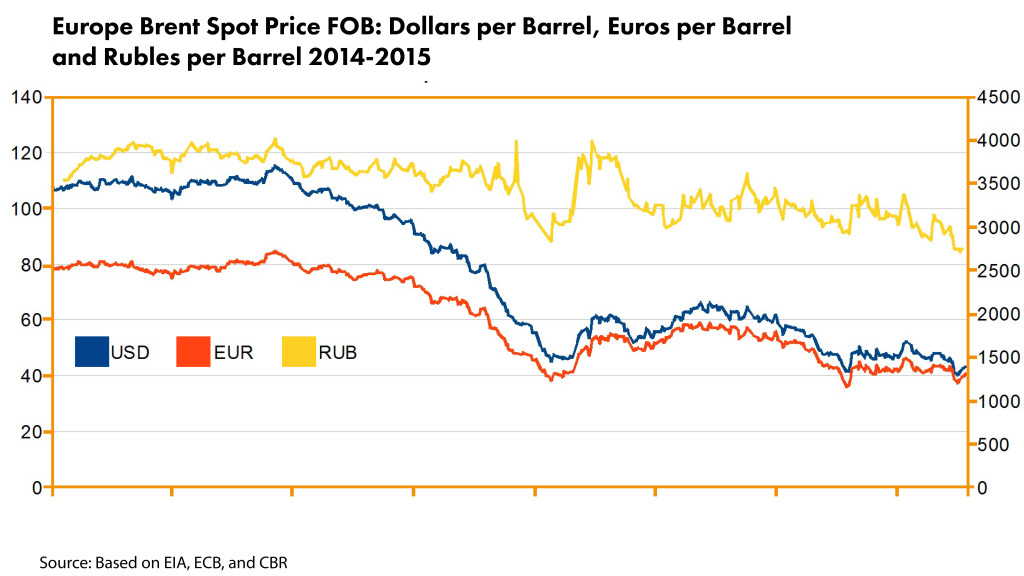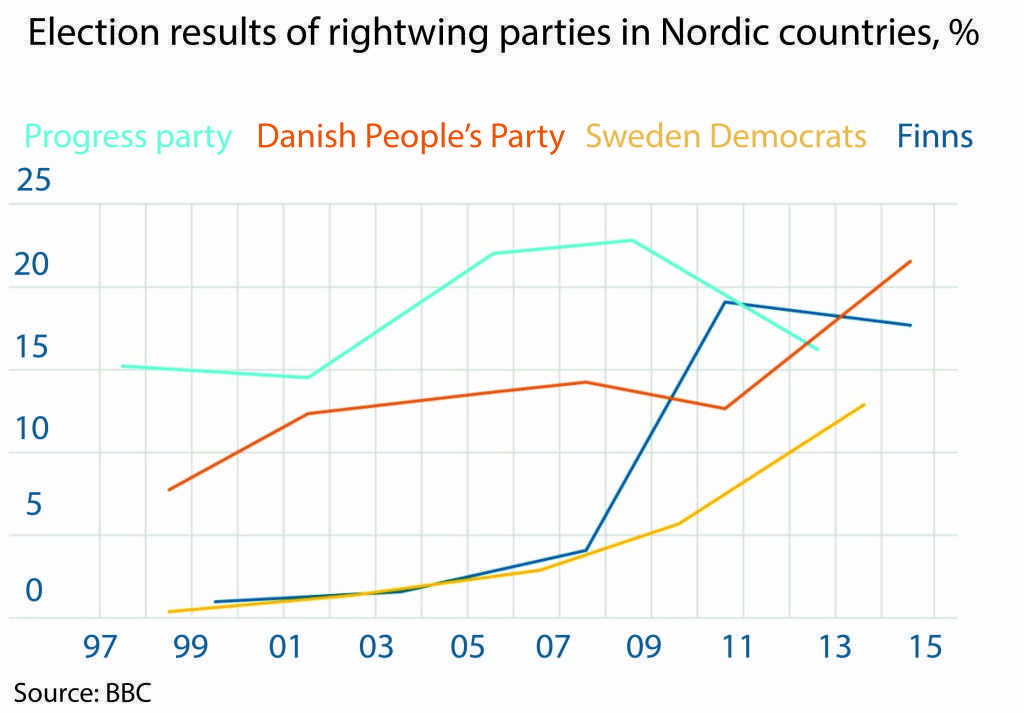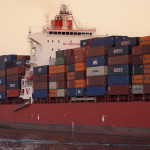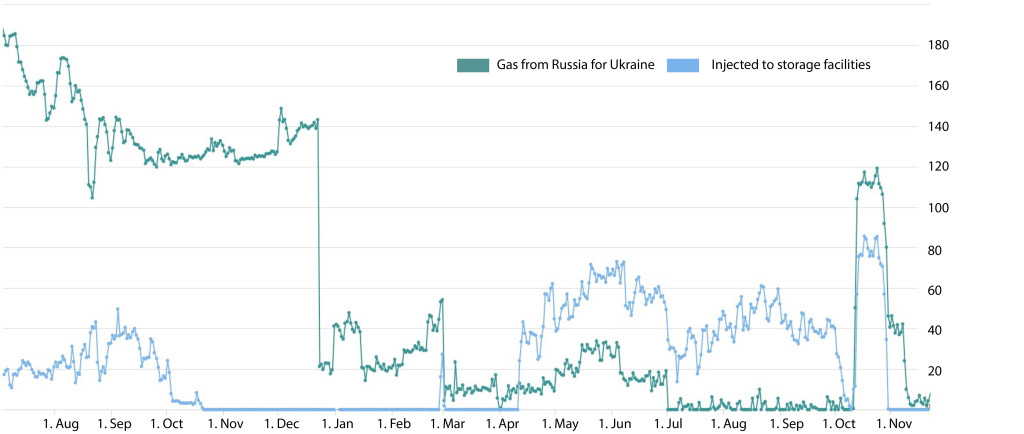Last summer we made a forecast that Mr Trump might be America’s next president. Back then, most of the political analysts could not take this as a serious eventuality. They wrongly viewed Mr Trump as an outsider, despised by the USA establishment. And as an outsider they think he has no chance of becoming the next US president. Some 4 months later as CNN headlines read: “CNN/ORC Poll: Trump alone at the top again”1, many political analysts are still in disbelief.
Image by Gage Skidmore
Democracy works according to a simple pattern. To make it as a president, a candidate needs access to the mainstream media. In many countries the mainstream media are partly state owned; in the US they are owned by New York based firms like Twenty-First Century Fox (Fox News), Inc, Time Warner Inc (CNN) and National Amusements, Inc. (CBS) financed by Wall Street bankers and Wall Street investor funds. In modern society people do not receive media coverage by accident. It is carefully planned who is and who is not in the media.

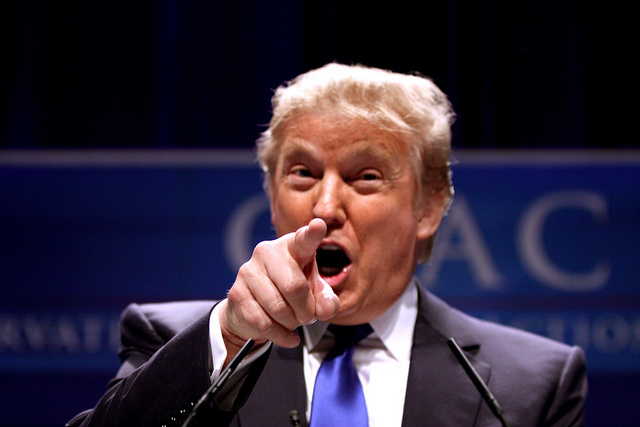
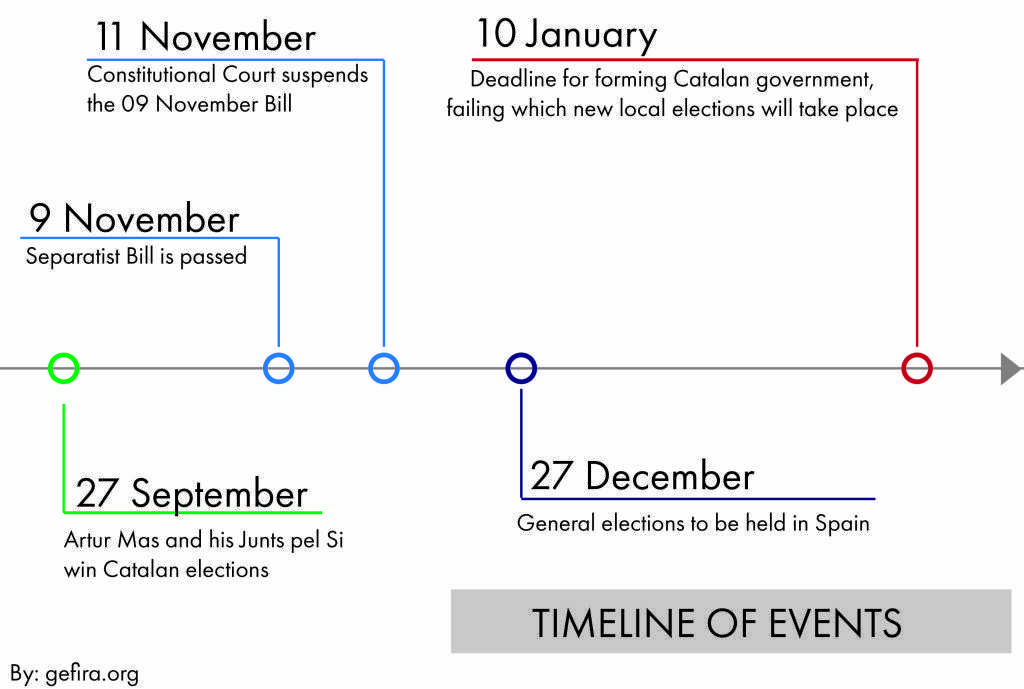 On November 11 the Constitutional Court ruled as was expected: the bill of November 9 was suspended and the top Catalan politicians were duly given a warning. The court has a further 5 months to rule over the case. Before that, on December 20 Spain will have a general election whose results may greatly affect the political process in Catalonia; so much so that the go-away region may have its own elections in case acting prime minister Artur Mas fails to form a government by January 10.
On November 11 the Constitutional Court ruled as was expected: the bill of November 9 was suspended and the top Catalan politicians were duly given a warning. The court has a further 5 months to rule over the case. Before that, on December 20 Spain will have a general election whose results may greatly affect the political process in Catalonia; so much so that the go-away region may have its own elections in case acting prime minister Artur Mas fails to form a government by January 10.